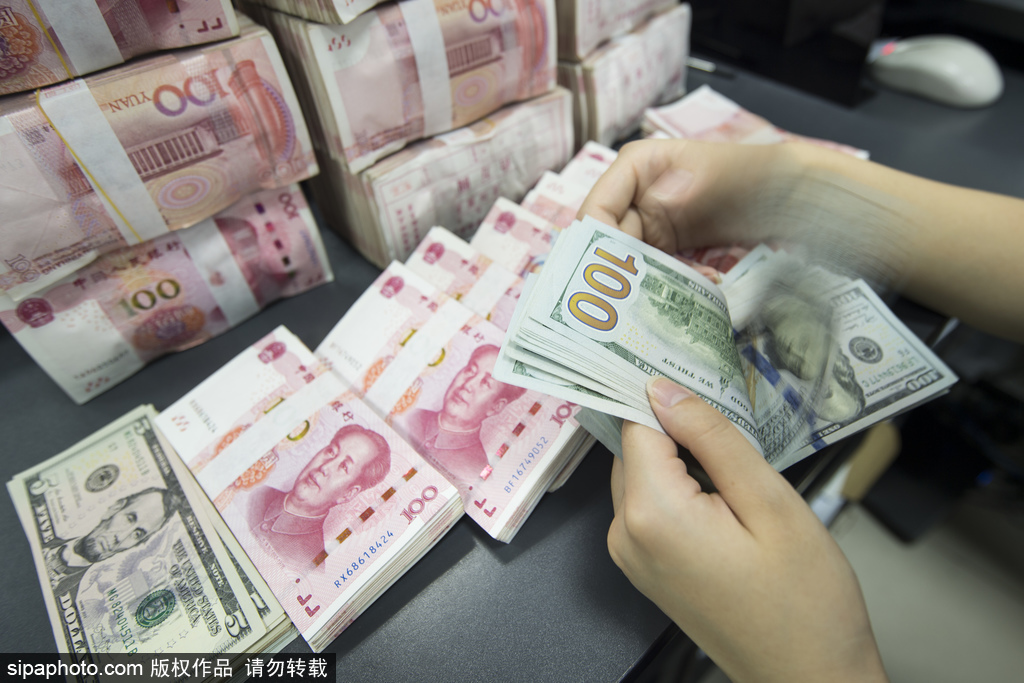Put economic growth over monetary policy
China Daily | Updated: 2020-03-13 08:28

The Bank of England cut interest rates by 50 basis points to 0.25 percent on Monday. Even Germany's banking regulator is considering easier bank lending regulations amid fears that the novel coronavirus epidemic's spread across Europe could further weaken the financial condition of its two biggest banks.
European Central Bank President Christine Lagarde has warned EU leaders that the economy will suffer a big shock, like during the 2008 crisis, and urged emergency measures. The United States has already cut interest rates by 50 basis points and there is increased possibility of a further cut at the Fed's next meeting.
Unlike the 2008 financial crisis, the current economic crisis did not originate in the financial system, but from the novel coronavirus outbreak dealing a severe blow to the real economy. Bond yields in Western economies are now low; German and French 10-year bonds are reporting a negative rate of return and those in the US and the United Kingdom are at a very low level. Even if some central banks inject liquidity into the market and cut interest rates to zero, money will not flow to risky assets.
Some in China argue, irresponsibly, that the loose monetary policy in the West gives China space to do the same. However, China is not short of liquidity in its domestic market, but it lacks investment in the real economy. It should remain vigilant against possible cross-border arbitrage capital inflows that may stimulate domestic asset prices and affect its supply-side structural reform and high-quality development.
As the outbreak has affected its market supply and demand, and price system, China should choose targeted policies to promote economic growth, rather than relying too much on the role of monetary policy.
























